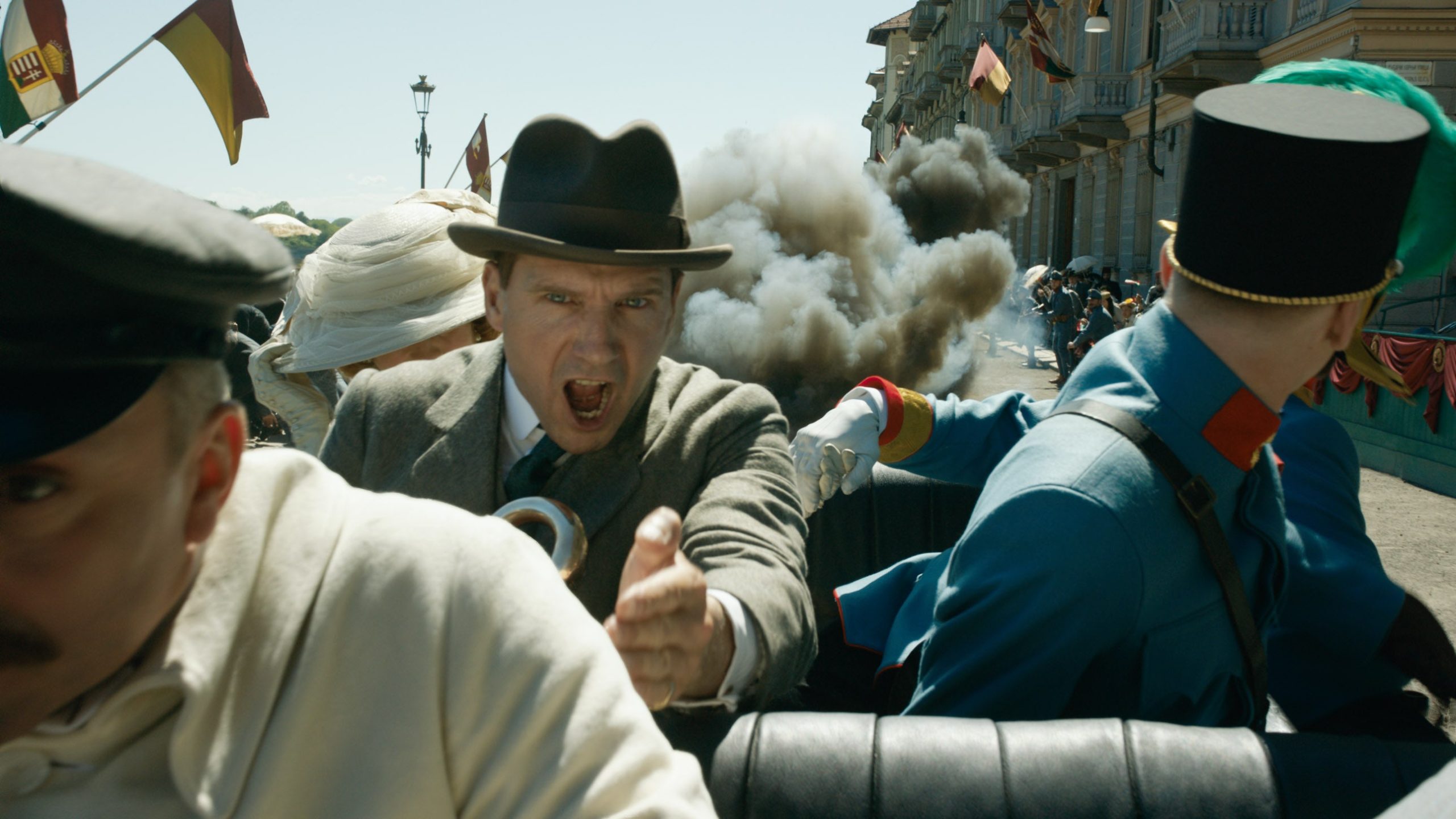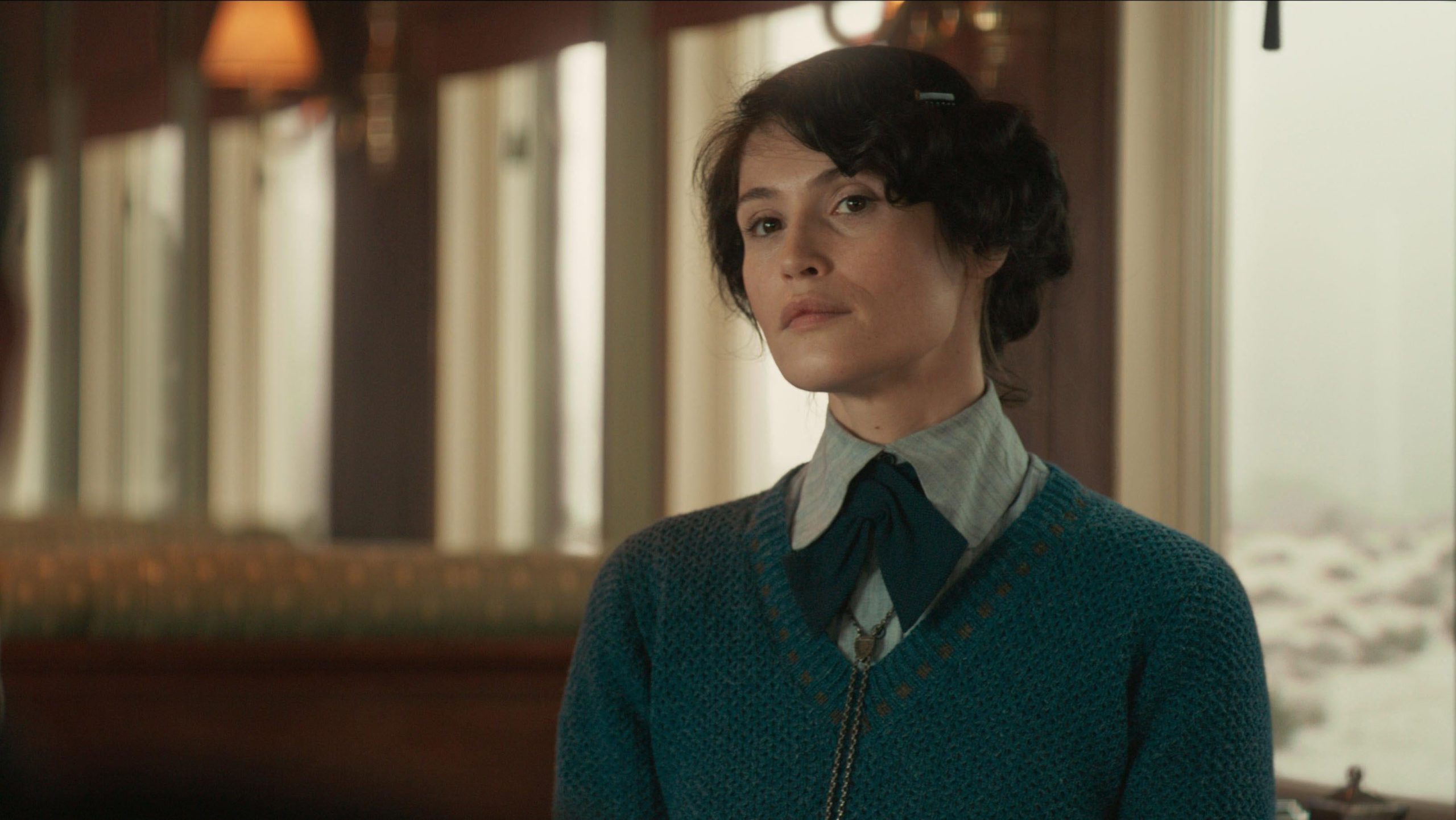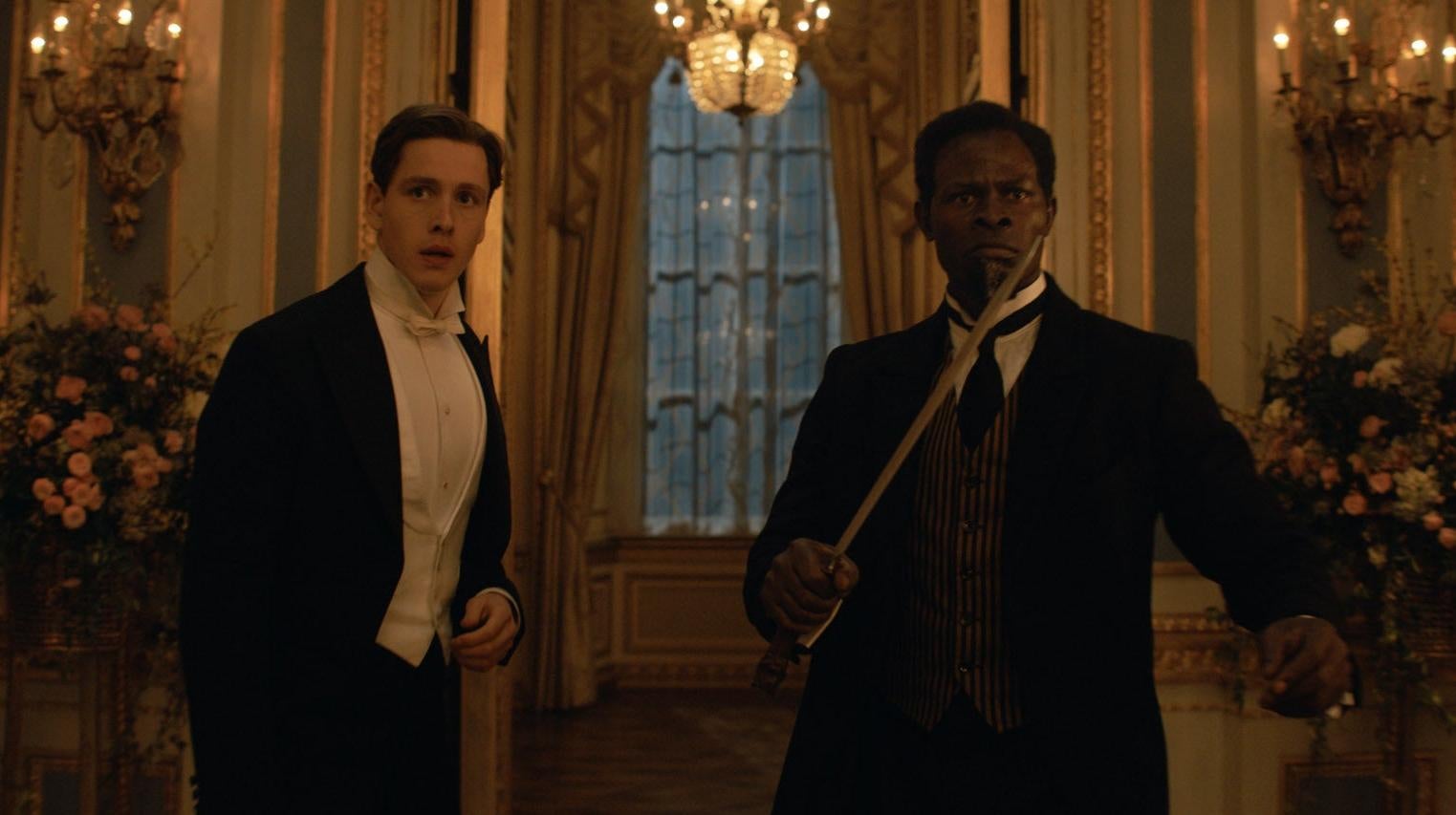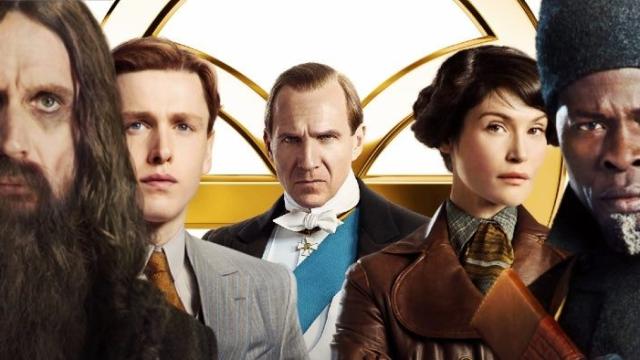When the third film in a franchise is released, it’s usually a good idea to look back at the previous two. Get yourself reacquainted with the world, characters, where the story left off, etc. That’s not always the case though. The King’s Man is the third film in the Kingsman series and we strongly advise against watching the first two films, Kingsman: The Secret Service and Kingsman: The Golden Circle. If you do, you might end up being as disappointed as we were in this latest film in the spy series. Those films have a cohesion and energy The King’s Man sorely lacks.
Once again co-written and directed by Matthew Vaughn, The King’s Man is a prequel to the previous two films which starred Colin Firth and Taron Egerton. In those contemporary-set films, Kingsman is a high-tech spy organisation that traverses the world in order to save it. Kind of a futuristic spin on James Bond. The King’s Man, however, is set during World War I, long before Kingsman existed at all. The hook is that this story will explain how the group came to be, which sounds both wholly unnecessary and ripe with potential.

As it turns out, that story is not particularly interesting or exciting. The King’s Man stars Ralph Fiennes as Orlando Oxford, a once heroic man who, due to an awful turn of events, decides to become reclusive and sheltered. He won’t even let his son Conrad (Harris Dickinson) go to war because he doesn’t want to see the son hurt. And so the earliest parts of The King’s Man are basically about that: a father protecting a son who aspires to be heroic, and the son pushing back and trying to be defiant. It causes some interesting tension and scenarios that feel completely unrelated to anything that belongs in a spy movie until the father and son, along with their butler Shola (Djimon Hounsou) go off on an adventure to battle the evil Rasputin (Rhys Ifans).
The plot progresses from there and is, at times, rewardingly unpredictable. Suffice to say, what you think you’re watching isn’t always what you’re watching. However, one big moment in particular, which I’ll keep purposefully vague about, completely flips the film in a new direction; it’s one that the story hasn’t really been working toward before that. As a result, the entire film before this one moment feels like a bit of a waste. Like a purposefully manipulative fake out predicated only on getting a big reaction at the expense of narrative and tonal cohesion. And it does elicit a big reaction reaction that’s welcome at first. It’s just that as the film moves on, the change in direction only showcases how at odds the movie is.

The reason for this big shift is to jump-start Orlando back into his heroic ways, and it certainly does that. He begins teaming up not just with Shola but a housekeeper named Polly (Gemma Arterton) and the trio form a formidable team. In these scenes, The King’s Man is at its best. The dynamics between the characters are electric and Vaughn finally starts to fall back into his trademark visually driven, exciting action sequences. Watching these sequences, as well the much needed pop of energy Hounsou and Arterton bring, improves the film immensely. It’s as if some kind of weight is lifted off the film’s shoulders and I couldn’t help but wonder “Why hasn’t the whole movie been like this?” The reason, I suspect, was Vaughn and his team were so in love with that one big moment, they built half the movie toward it, which ends up being a disservice to the bigger picture.
The King’s Man is the first film in this series not co-written by Jane Goldman, the writer who helped Vaughn on great hits like Kick-Arse and X-Men First Class. Her sense of character, pacing, and propulsion is sorely missed throughout The King’s Man. And while Vaughn’s action scenes continue to stun, especially in the final act, that they are mostly stuffed into that final act further illustrates its disconnect from the rest of the film. Then, most crucially, when it’s finally revealed how this movie ties into the Kingsman group from the other two films, it almost feels like a joke. I thought, “Really? That’s it? All this… for that?” It’s a huge bummer.

Simply put, The King’s Man has an identity crisis. Does it want to be the story of a father’s problematic love for his son? A story about how loss and regret can drive us? Is it a World War I movie? A spy movie? It tries to be all of these things and more, with a big, unforgettable twist in the middle, but ultimately the jumble falls apart. As a fan of the previous two Kingsman movies and frankly every other movie Matthew Vaughn has directed to this point, I walked into The King’s Man fully ready to love it. But it’s disjointed, feels unnecessary, and is only sporadically entertaining. The twists are either too much or too obvious and its connections to the franchise are wholly uninspired. Our recommendation would be to wait for streaming.
If you want though, The King’s Man opens on 6 Jan.
